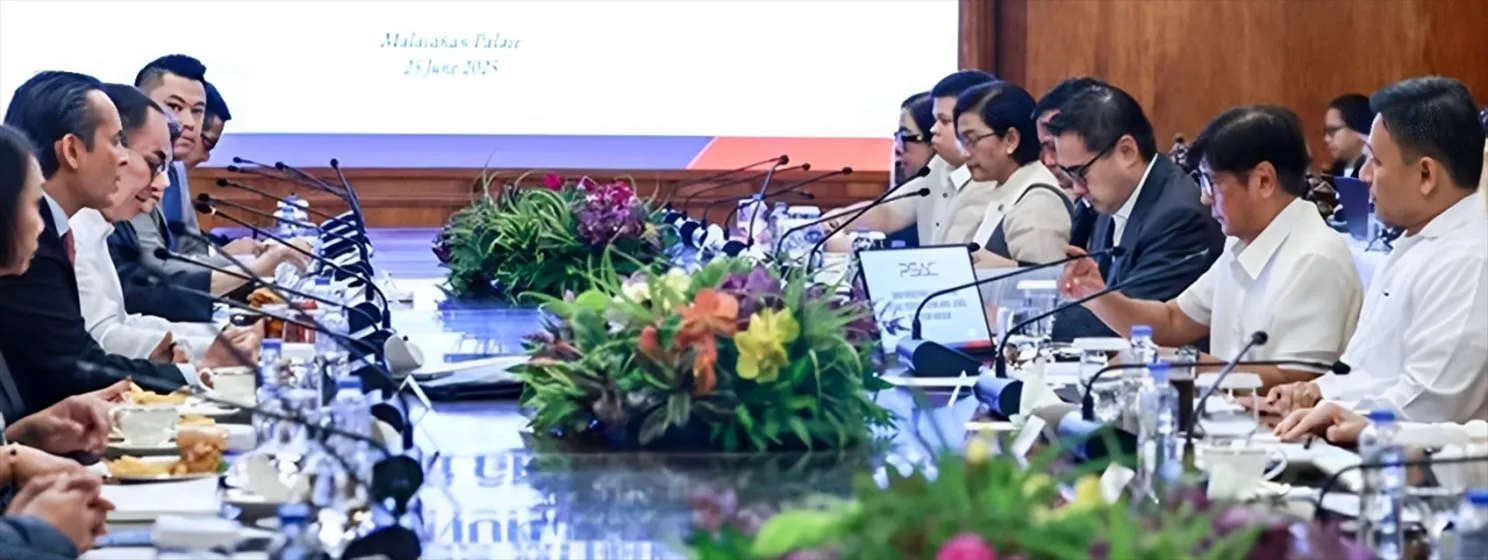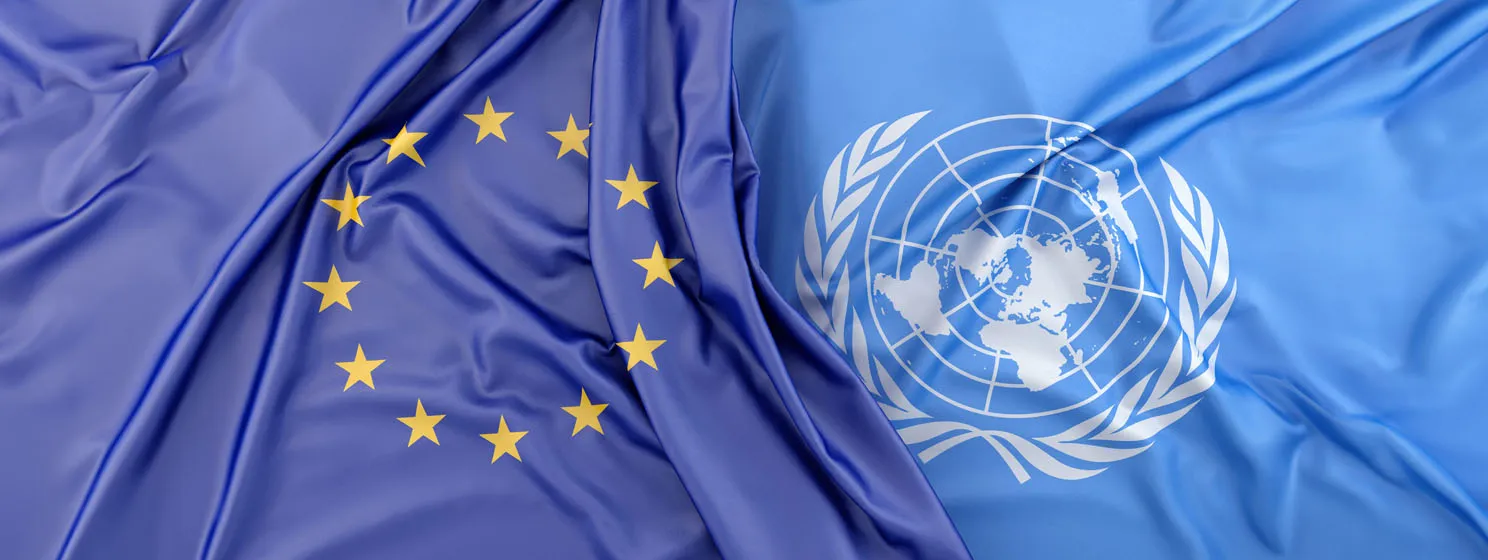|
Getting your Trinity Audio player ready...
|
In an article published two days ago by the Canada Gazette, the government of Canada has published a draft of guidelines for exchanges and payment processors that deal with cryptocurrency. The suggestions in the draft come from recommendations by the Financial Action Task Force (FATF), which conducted a study of the country’s cryptocurrency oversight from 2015 to 2016 and identified a “number of deficiencies.” According to the FATF, the deficiencies primarily involve Anti-Money Laundering (AML) and Anti-Terrorist Financing (ATF) practices in the country.
The draft suggests that cryptocurrency exchanges and payment processors should be considered as money service businesses. To that end, they will be required to cooperate with current regulations that require reporting large transactions of more than US$7,700 (CAD$10,000), as well as recently implemented Know-Your-Customer (KYC) regulations that require reporting for transactions of US$770 (CAD$1,000) or more.
The FATF report that was submitted to the government also contained a cost-benefit analysis of how the changes would impact the industry. According to that analysis, the new recommendations would cost the companies around US$47 million over a decade. As should be expected, the news wasn’t welcomed by many in the industry.
Francis Pouliot, who co-founded the Catallaxy blockchain consulting firm in Montreal, took to Twitter to share his disdain over the costs. He tweeted, “New requirement: ‘Large Virtual Currency Transaction Record’ means businesses required to ask for and keep details of every transaction over $10,000, like large-cash transaction reports. That’s going to be extremely difficult and invasive to implement. I will object to this.”
The new KYC threshold for Bitcoin exchange or payments is $1,000 – this means that payments over $1000 per day (and repeating payments that are suspiciously close) must be fully KYC'd. pic.twitter.com/MhpUVjvSu4
— FRANCIS – BULLBITCOIN.COM (@francispouliot_) June 8, 2018
The FATF is an agency created in 1989 during a then-Group of Seven summit in Paris. It creates recommendations and suggestions to combat money laundering and, while it cannot legally implement policies, it suggested in its report that accepting the recommendations would strongly help Canada’s image by its peers. The report reads, in part, “Canada’s AML/ATF Regime is largely consistent with international standards set by the FATF. Although the standards set by the FATF are not legally binding, as a member, Canada is obligated to implement them and to submit to a peer evaluation of their effective implementation.”
There are 37 countries in the FATF, 35 are member countries and two—Saudi Arabia and Israel—are observer countries. While initially created to address money laundering, in 2011 it expanded its efforts to include terrorist financing. The organization has a fixed life and can only continue if its ministers approve. Currently, its term is expected to end in 2020 after its charter was accepted by the ministers in 2012.

 07-02-2025
07-02-2025 





